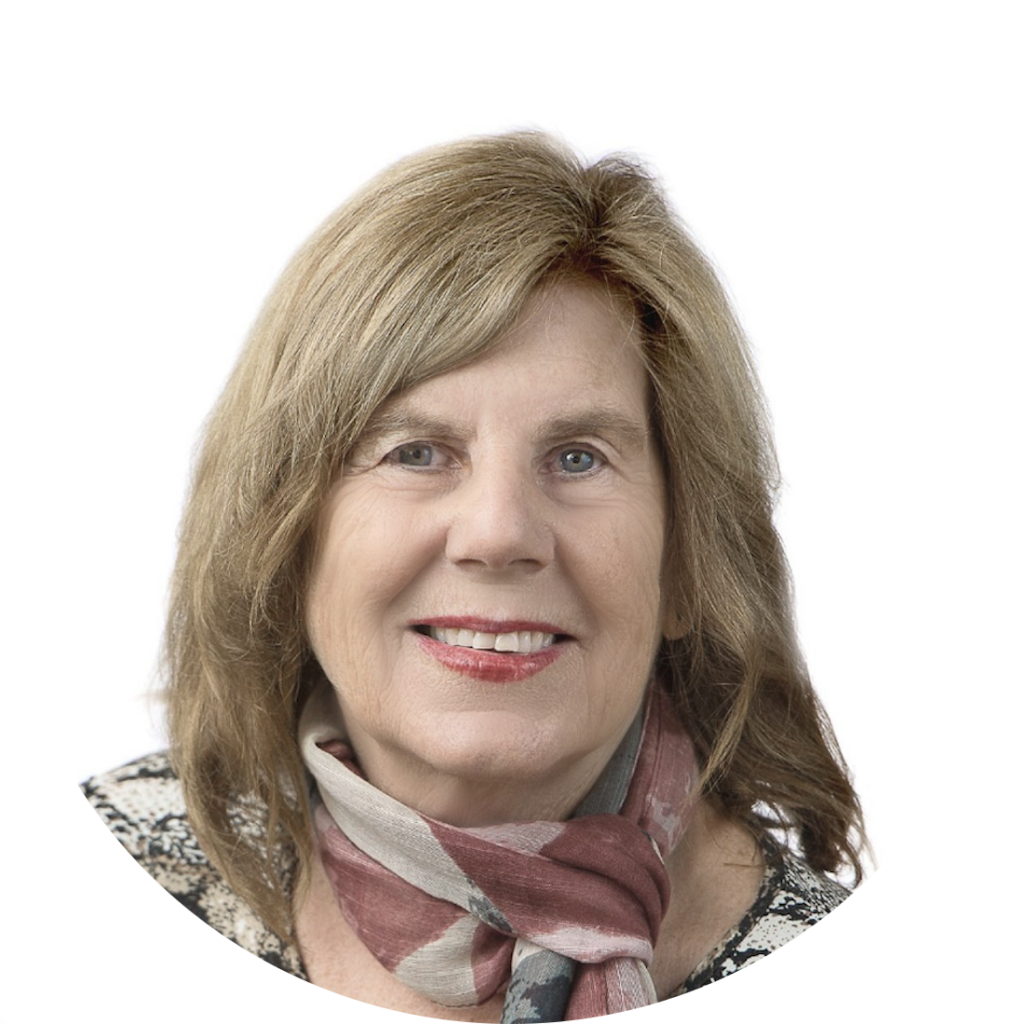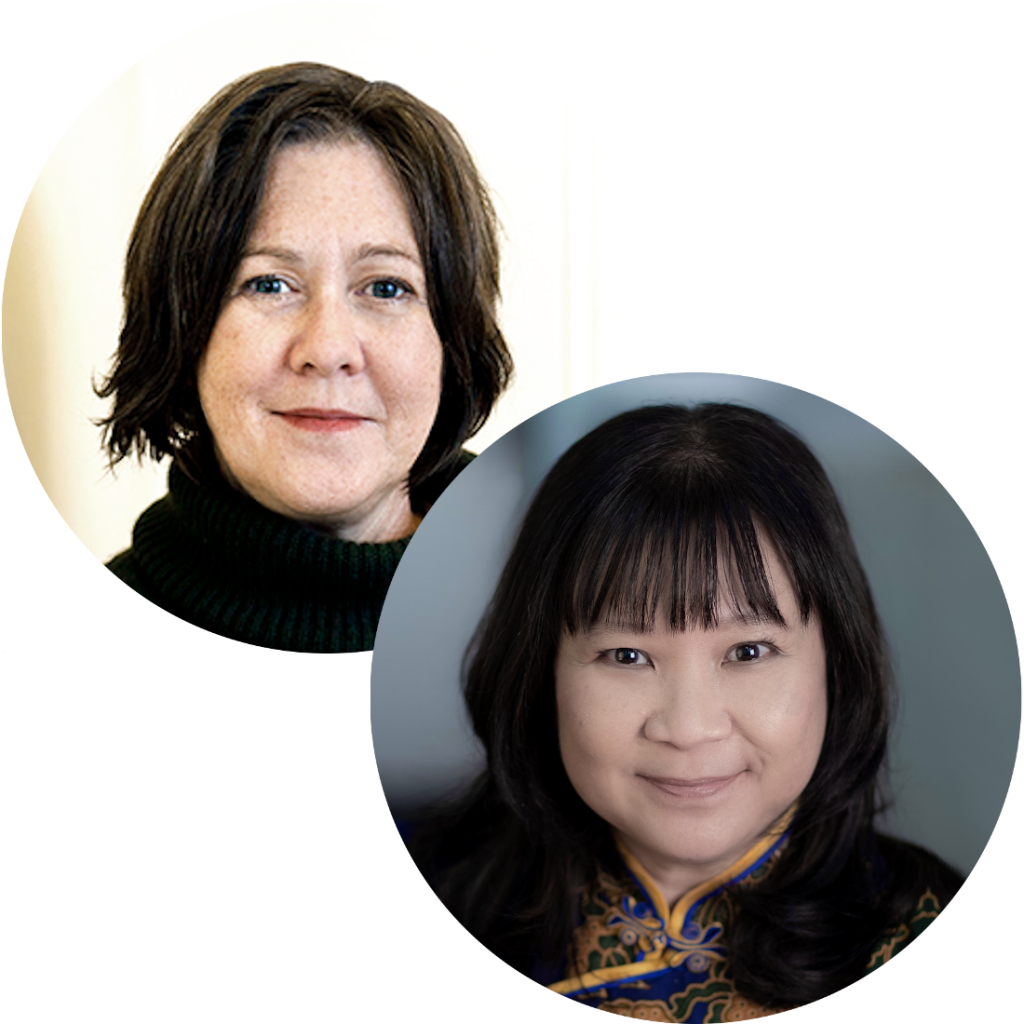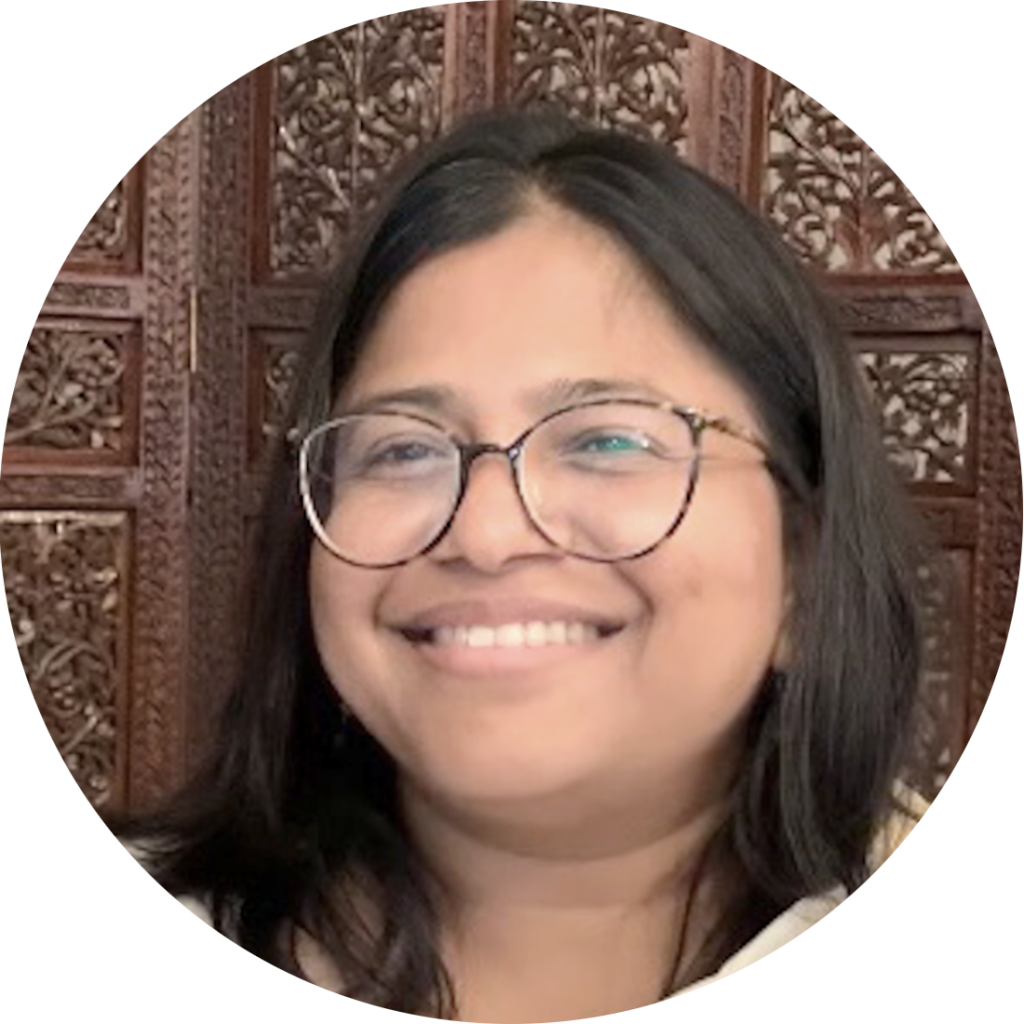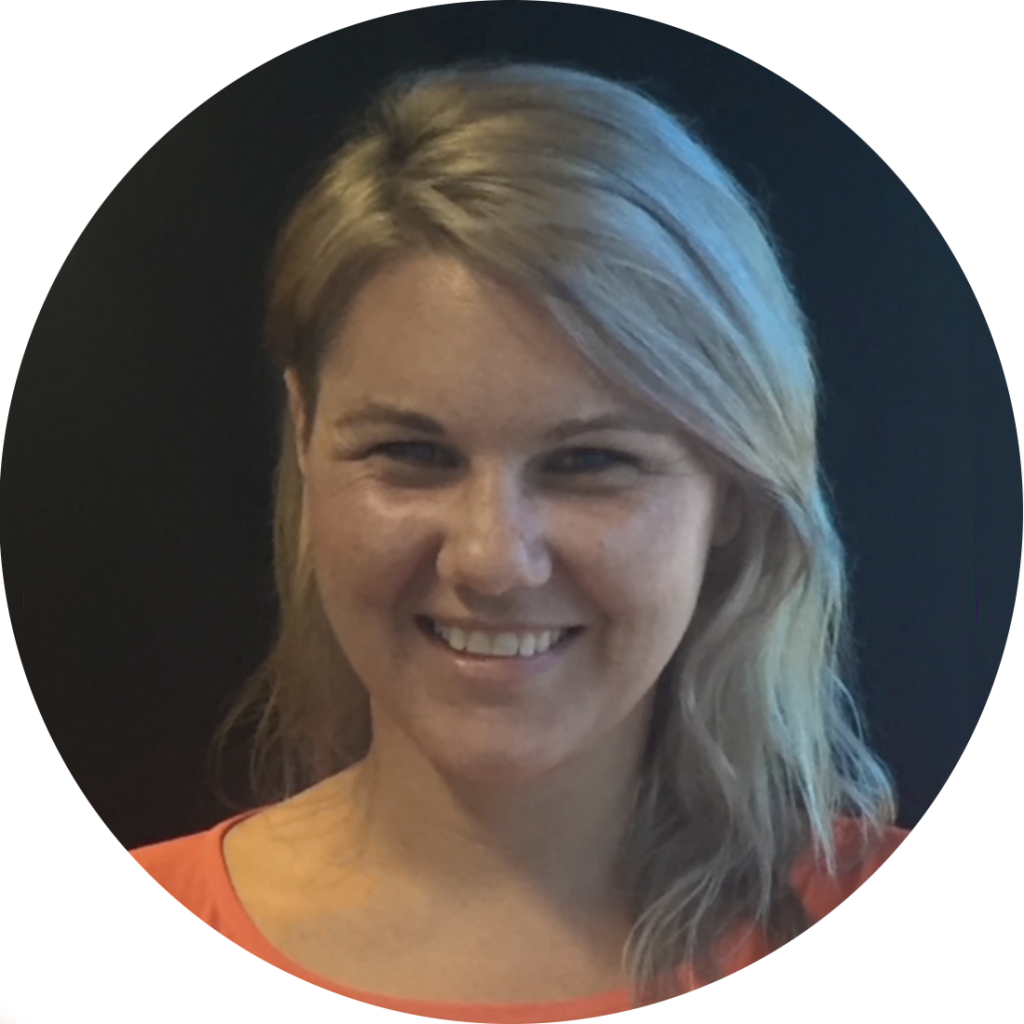🔖 PRESENTATION
Paper (parallel)
📆 DATE
Thursday 9 Sep 2021
⏰ MELBOURNE TIME
11.00 am - 1.00 pm
⏰ LOCAL START TIME
time start

Professor Susan Long
Director of Research, NIODA, Australia
Susan Long is a Melbourne based organisational consultant and executive coach. Previously Professor of Creative and Sustainable Organisation at RMIT University, she is now a Professor and Director of Research at the National Institute for Organisation Dynamics Australia (NIODA) and a coach and consultant in private practice. She is an associate of the University of Melbourne Executive Programs and teaches at INSEAD in Singapore and the University of Divinity in Melbourne where she is involved in a coaching program.
She has consulted to organisational change in the health and justice sectors and coached senior executives across many sectors. She has worked with executives from many different nationalities and from diverse industries, having taught or consulted in the UK, the USA, Ireland, the Netherlands, Germany, Russia, Israel, Thailand and Singapore. She also works as a supervisor and coach for organisational development professionals in Australia and Singapore. She has over 35 years of experience with Group Relations, having been on staff or directed many conferences.
Susan has been in a leadership position in many professional organisations and is an author having published ten books and many articles in books and scholarly journals, is General Editor of the journal Socioanalysis and an Associate Editor with Organisational and Social Dynamics. She is member of the Advisory Board for Mental Health at Work with Comcare and a past member of the Board of the Judicial College of Victoria (2011-2016). Susan is a distinguished member of ISPSO.
Books
Long, S.D. and Manley, J, (eds) (2019) Social Dreaming: Philosophy, Research, Theory and Practice. Routledge: London
Long, S.D. (ed) (2016) Transforming Experience in Organisations. Karnac: London.
Long, S. (ed) (2013) Socioanalytic Methods. Karnac, London.
Long, S. and Sievers B.(eds) (2011) Towards a Socioanalysis of Money, Finance and Capitalism: Beneath the surface of the financial industry. Routledge, London.
Long, S.D. (2008) The Perverse Organisation and its Deadly Sins. Karnac: London
Newton, J., Long, S. and Sievers, B.(eds.) (2006) Coaching in Depth: The organisational role analysis method. Karnac Books, London.
Long, S.D. (ed) (1995) International Perspectives on Organisations in Times of Turbulence. Swinburne University, Melbourne.
Long, S.D. (1995) A Structural Analysis of Small Groups. Hebrew Translation. ACH Publishers, Kiryat Bialik, Israel.
Long, S.D. (1992) A Structural Analysis of Small Groups. Routledge, London.
Bain, A., Long, S. and Ross, S. (1992) Paper Houses: The Absence of Authority in a Government School. Collins Dove, Melbourne.
The fundamental methods in psychoanalytic and socioanalytic research: free association, the case study and transference.
This paper explores the fundamental processes of research using a psychoanalytic or socioanalytic lens.
Psychoanalytic ideas and applications have changed and diversified substantially since its inception in the 20th century. But here are some points to make about its core approach that are relevant to research method and that continue through its heritage. Psychoanalytic and socioanalytic approaches have three basic methods of research.
1. First, is the idea of free association and associative thinking. These are methods focused on the unconscious and its effects on our behaviours, feelings and thinking. While the idea of the unconscious is central, it was an idea well established before Freud. Freud focused on the dynamic or repressed unconscious – being concerned with the way his patients selectively forgot events and thoughts. Yet such ideas as turning away from truths, fooling the self, denying what at some level one knew to be the case, were already in the air during the 19th century (examples) and even evident in the works of dramatists such as Shakespeare. What was startlingly new about psychoanalysis was its method of accessing the unconscious. Finding hypnosis unsatisfactory, Freud developed the method of free association.
2. The second point is the use of the case study. Whereas there are many psychoanalytic theories about, for instance, the effects of childhood development, psychological defences against trauma and unwanted thoughts, the import of desires, the strictures of authority, the detrimental and maturational effects of, for example, guilt, shame, love and work; it is the internal playing out or working through of these in the uniqueness of the individual that counts for transformation and change. The case study is central to the psychoanalytic model and it is through extrapolation from many cases that theory can be formed and evaluated. It is within the case study that change is charted.
3. A third point centres on the idea of transference and the processes of projection, introjection and projective identification. Understanding the processes of transference and projective identification is basic to psychoanalytic research methods. Through this, the researcher can use their own monitoring of themselves as an instrument. Self-as-instrument enables the researcher to formulate working hypotheses about the cognitive, motivational and emotional state of the other, and of many others in the case of organisational cultures. Transference refers to a person’s perceiving and understanding a new situation primarily through the lens of past experience. It is as if the person transfers their ideas, feelings and judgements of another person or situation from the past (classically an influential figure such as a father or teacher) onto a new person or situation, with little reference to the differences involved. A small cue may trigger the transference, such as some physical resemblance, a tone of voice, a smell or gesture. Then quite unconsciously, the new person or situation is treated as if the original were present. If brief, this transferential experience can be helpful. It enables a hypothesis about what the new person or situation might hold, how we might respond. It helps us to bring forward resources for dealing with the new in the light of our learning from experience. But if it persists in the face of evidence, that is, that this situation is not the old one but is new, it defensively holds us back from new learning and more realistic engagements.
These methods will be explored using research data taken from projects that the author has been involved with.
⏰ DURATION
120 minutes
Day(s)
:
Hour(s)
:
Minute(s)
:
Second(s)
Session schedule
5 MINS
Introduction
30 MINS
Paper presentation
20 MINS
Small group discussion; impressions of the paper and developing questions for the presenter
20 MINS
Discussion forum with the presenter; moderated for the speaker to elaborate their ideas
10 MINS
Discussion forum with the presenter; themes from the discussions
5 MINS
Break
30 MINS
Whole symposium open reflection discussion
Share this presentation!
Parallel Paper Presentations
The following are presenting at this time

DR NUALA DENT
DR ANITA TAN
Organisational stuckness: Exploring the paradoxes of change

MS VARTIKA JAINI
Unconscious dynamics and their influence on our methods of inquiry: Case of the non profit sector

PROF SUSAN LONG
The fundamental methods in psychoanalytic and socioanalytic research: free association, the case study and transference.

